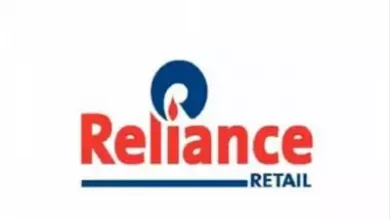Karnataka Budget 2024: Rs 150 crore is set out for a new animation and gaming strategy that would generate 30,000 employment
For the new Animation, Visual Effects, Gaming, Comics, and Extended Reality (AVGC-XR) strategy for the years 2024–2029, the Karnataka government has proposed investing Rs 150 crore. This was disclosed by Chief Minister Siddaramaiah on February 16 during his budget statement.

With the goal of creating 30,000 employment in the AVGC sector by 2029, the policy—which was first unveiled in November and formally launched in January—aims to establish Karnataka as a worldwide leader in this quickly expanding industry.
Furthermore, by converting the state into a hub for AVGC-related expertise, the administration hopes to create a talent pool. Additionally, it aims to generate at least 80% of the sector’s overall income from exports.
A special fund for new businesses
The state government-backed Karnataka Information Technology Venture Capital Fund (KITVEN) has established a special fund with a capital of Rs 20 crore to further boost the AVGC industry. This fund would provide early-stage firms with investments ranging from Rs 0.5 crore to Rs 2 crore.
The policy also includes a number of financial support initiatives, such as grants for the production of animated films, television shows, VR/AR/VFX projects, and video games, as well as reimbursement for skill development and job creation. It also covers early-stage startups’ marketing, infrastructure, and compliance costs.
The state government intends to create a Center of Excellence for Gaming, expand the current Center of Excellence for the AVGC sector, introduce Technology Business Incubators (TBIs) focused on the AVGC-XR sector, upgrade Digital Art Centers to digitize fine art colleges throughout Karnataka, and develop an AVGC-XR Park as a Special Economic Zone.
The goal of this policy initiative is to support the AVGC business, as are other initiatives being undertaken by nearby states like Tamil Nadu and Kerala. India’s AVGC market is expected to expand from $3 billion in FY21 to $26 billion by FY30, a substantial rise.







